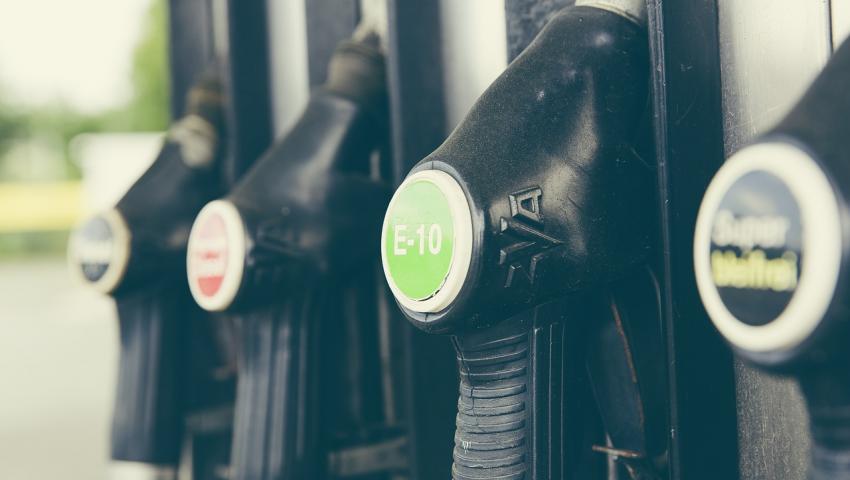The green directives of the European Commission will increase by about BGN 1 the prices of fuels in our country in the coming years, but after years
The introduction of such levies in our country is not expected in the near future

Svetoslav Benchev from the Bulgarian Oil and Gas Association forecasts an increase in retail fuel prices in Bulgaria in the coming years. According to him, the reason is a new green regulation of the EU, which relies on an increase in excise duty. Benchev told bTV that the EC is discussing a new increase in excise duty over the next 2 years, which will lead to a rise in price by BGN 1 of the current market values of fuels.
With values of the most popular fuels in our country around 2.30-2.40 per liter, it can be assumed that if the excise duty changes upwards, the prices at the gas stations will reach around BGN 3.50 / liter, especially with the rise in oil prices.
Benchev noted another factor that will lead to higher prices. From the beginning of next year, mixing with a new biocomponent will begin, which is 2-3 times more expensive than currently used, which will also affect fuel prices, according to the expert.
In the near future, however, Benchev believes that prices will remain at current levels.
If the crude oil exchange rate stays at current levels, fuel prices will certainly remain the same as at gas stations today, he said.
Benchev added that currently Bulgaria has the lowest fuel prices in the EU and fourth place in Europe, although for only a month gasoline in Bulgaria has risen by 9 cents, and the difference in the price of diesel between June and August to be about 13-14%.
"Dissection" of the price of fuels
There are three components from which the price of fuels is formed: taxes; raw material price and operating costs; profit for the refinery and the final trader. Taxes (VAT and excise duties) make up about 40-45% of the final price of fuel, the value of oil (the most volatile factor in pricing) - about 40%, and the remaining 15-20% remain for the refinery and the final trader.
If we assume that VAT is "anchored", then this is not the case with excise duty (which is levied on legally defined goods, such as cigarettes, alcohol, fuels, etc.). As a member of the EU, Bulgaria is obliged to gradually increase excise rates until harmonizes them with those in other Member States - even without "special" European legislation related to the Green Deal.
